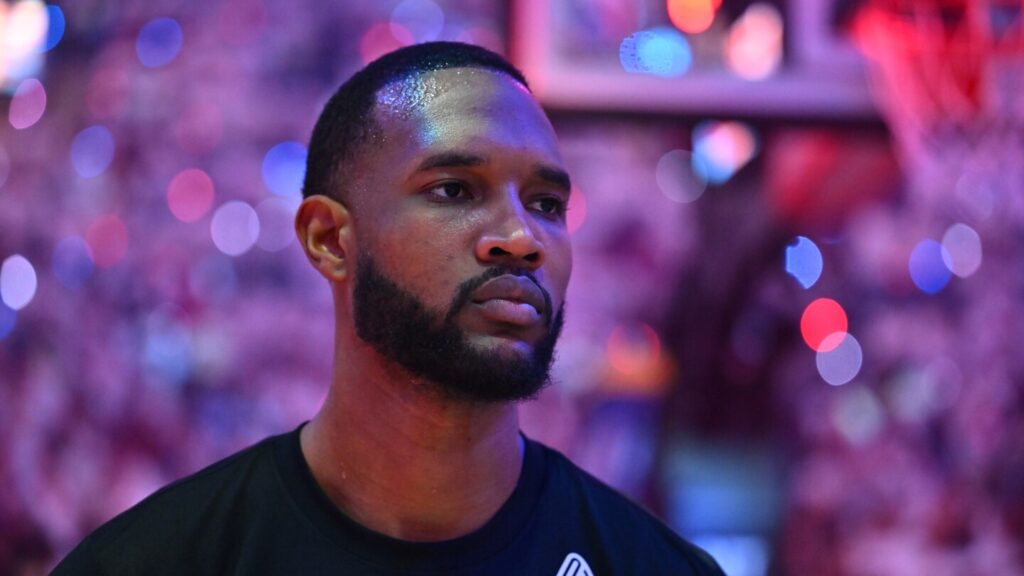Evan Mobley deserved to win Defensive Player of the Year, and his timing could not have been any better for his paycheck.
Mobley signed a max extension to his rookie contract last summer, which kicks in next season. Now, with the DPOY trophy in his hands, he is eligible for Rose Rule money — he was set to make 25% of the salary cap (five years at an estimated $224 million, starting at $38.7 million next season) and now that can jump to $30% of the cap, an estimated $45 million more over the course of the contract (five years, $269 million), and it would start at about $46.4 million next season.
The Cavaliers will gladly pay their star. However, this salary bump takes a team already above the second luxury tax apron to about $17 million over the second apron, and that’s without adding any other players. That ultimately means the Cavaliers will likely lose a rotation player to keep costs down. ESPN’s Brian Windhorst discussed it on the Hoop Collective Podcast (hat tip Real GM).
“There’s people in their organization who have said to me ‘We absolutely want… we’re so excited that we gave Evan this contract. And he’s going to be an All-NBA player and a Defensive Player of the Year, but this bonus could cost us a player.’”
The Cavaliers have one rotation player entering free agency, Ty Jerome, who finished third in Sixth Man of the Year voting. He is earning $2.6 million this season and is an unrestricted free agent who is likely to receive around full mid-level exception money, $14 million per season. If the Cavaliers want to keep him, they need to find a trade that essentially dumps the salary of someone like Max Strus or Isaac Okoro (or, they can find a trade for De’Andre Hunter). One way or another, it probably costs the Cavaliers a rotation player.
This is not a case of an owner not wanting to spend, it’s the reality of the latest Collective Bargaining Agreement (CBA), where the second apron — $17.5 million above the luxury tax line — serves as a virtual hard cap due to the team-building restrictions that come with it. No team is willing to stay above it for long, and the Cavaliers are no exception (they locked into their core for a couple of seasons and are already over the projected second apron line for the 2026-27 season). When you have a deep team of stars, the kind of players who can be named All-NBA and win awards like Defensive Player of the Year, it’s much harder to keep a quality roster of role players around them. It’s the new reality of the NBA.
Read the full article here


